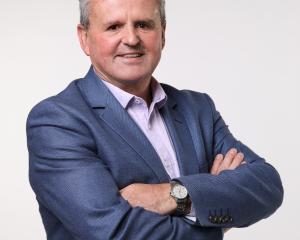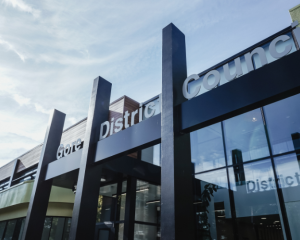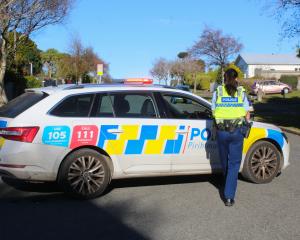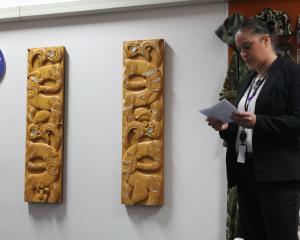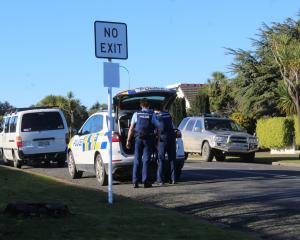Visitors to the Southern Lakes expect world-class telecommunications and not all accept the geographic difficulties in providing that service, Telecom chief executive Simon Moutter says.
Mr Moutter this week met Queenstown tourism operators, including Real Journeys and Skyline, to update his knowledge about tourist experience, expectations and demand for telecommunications when they holiday in the Wakatipu.
The chief executive said he heard Western tourists might understand mobile telephone coverage to be patchy in the remote wilderness of Milford Sound, for instance, and consider it part of its appeal.
However, Asian tourists might not understand why they were not getting the same signal they would in downtown Shanghai, and they might think less of New Zealand as a result.
Providing robust coverage for the Wakatipu was not the same as providing for Dunedin and Invercargill, due to the basin's high seasonality of demand, alpine terrain and concentration of tourists, including the surge in Asian visitors and their different expectations and patterns of use, Mr Moutter said.
''It's very important to get it right here because of the impact on brand NZ. If people have a poor experience of technology in this region, then with the concentration of visitors, and high-value visitors in particular, that's not good for New Zealand.
''It's one thing to serve our market where we're selling the devices we know will work. It's a different thing to assume what travellers will turn up here with, and it might be sensible to deploy 1800Mhz here because it is a more common frequency out of Europe, less clear out of Asia.''
Mr Moutter said both 1800Mhz and the preferred 700Mhz bands on the spectrum could be made available, but it meant doubling capital expenditure.
''When the 700Mhz is there, it will carry all of the traffic much better.''
Social networking, mobility and the cloud were ''unstoppable forces'' in the world, unleashed by the internet and affordable fast data access. Data growth rates were close to 100% each year and it was hard to keep up, he said.
Smartphone-driven mobile telecommunications, understanding how it was used and its potential had yet to be realised.
He said learning by doing was the right approach, given the fast pace of change in technology. As part of that philosophy, Telecom deployed free public Wi-Fi hotspots at 150 holiday destinations nationwide to see what people did with the service and how it added value.
''We've learned a lot and we're up to 700 hotspots now and headed to be over 1000 early next year and we've integrated it now into our mobile offer, so all Telecom customers on a plan have Wi-Fi included up to a gigabyte a day,'' he said.
''That's fantastic because that means they can use all of their apps and services and not be constrained by a cellular data plan, which because of the capital cost involved in provisioning cellular data needs to be constrained.''




